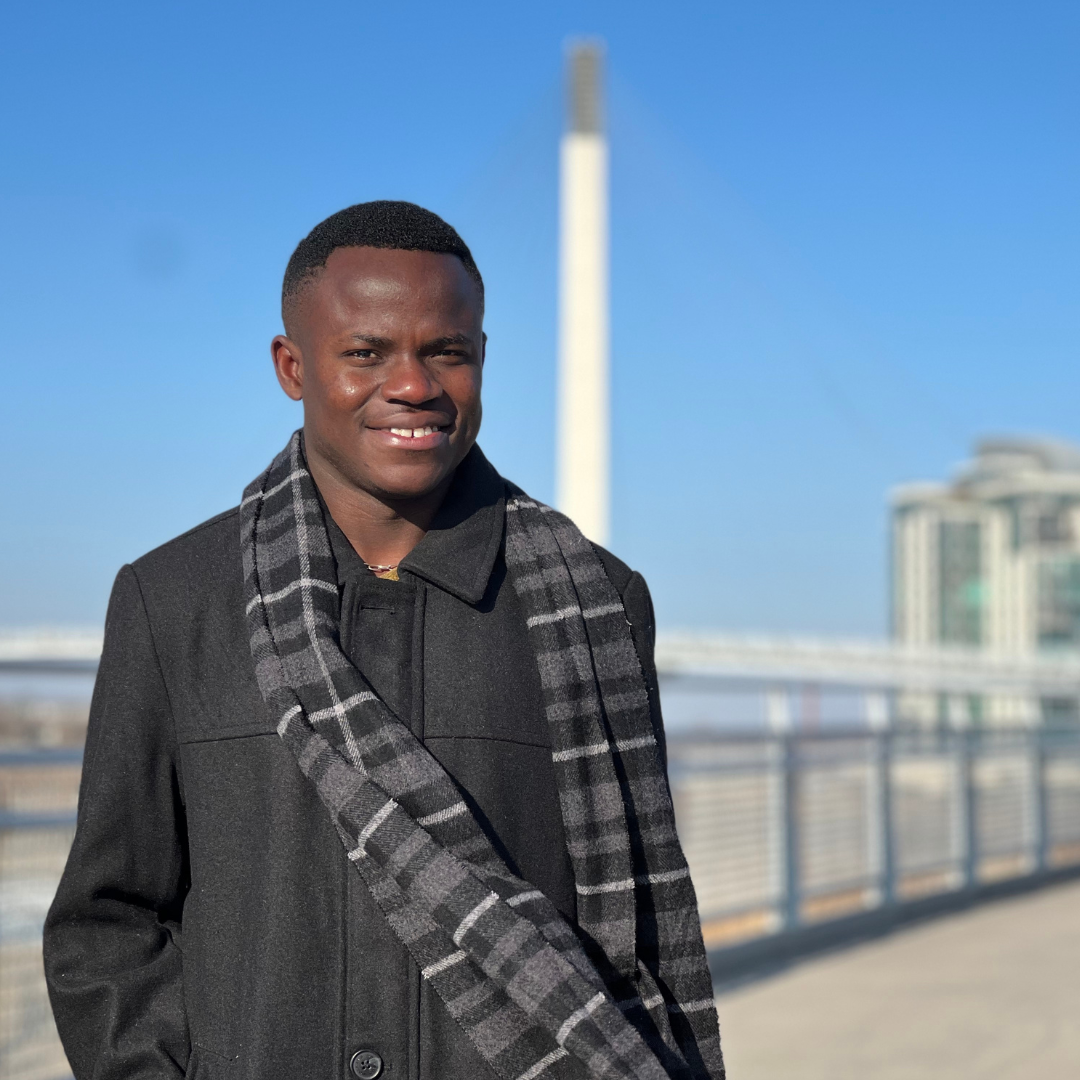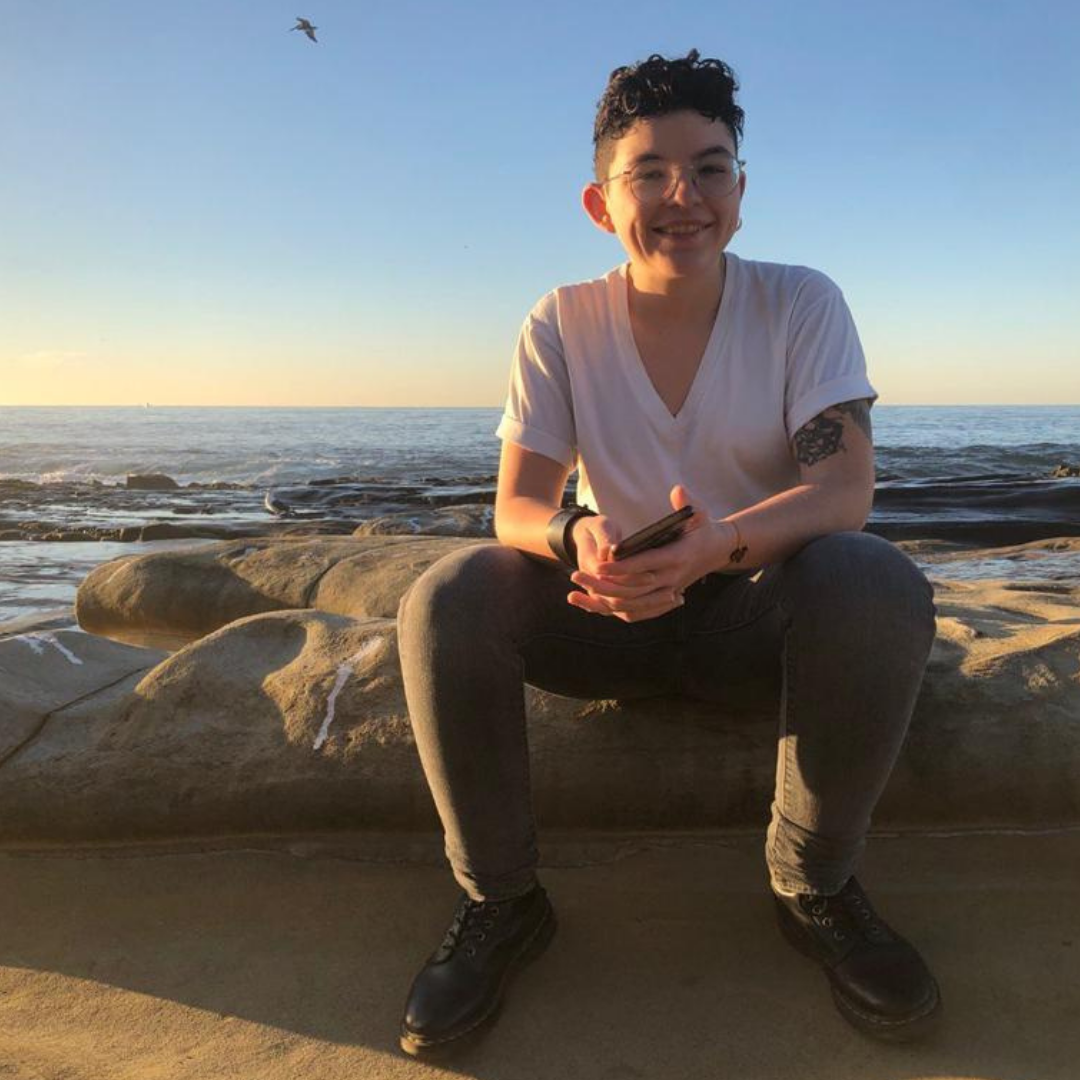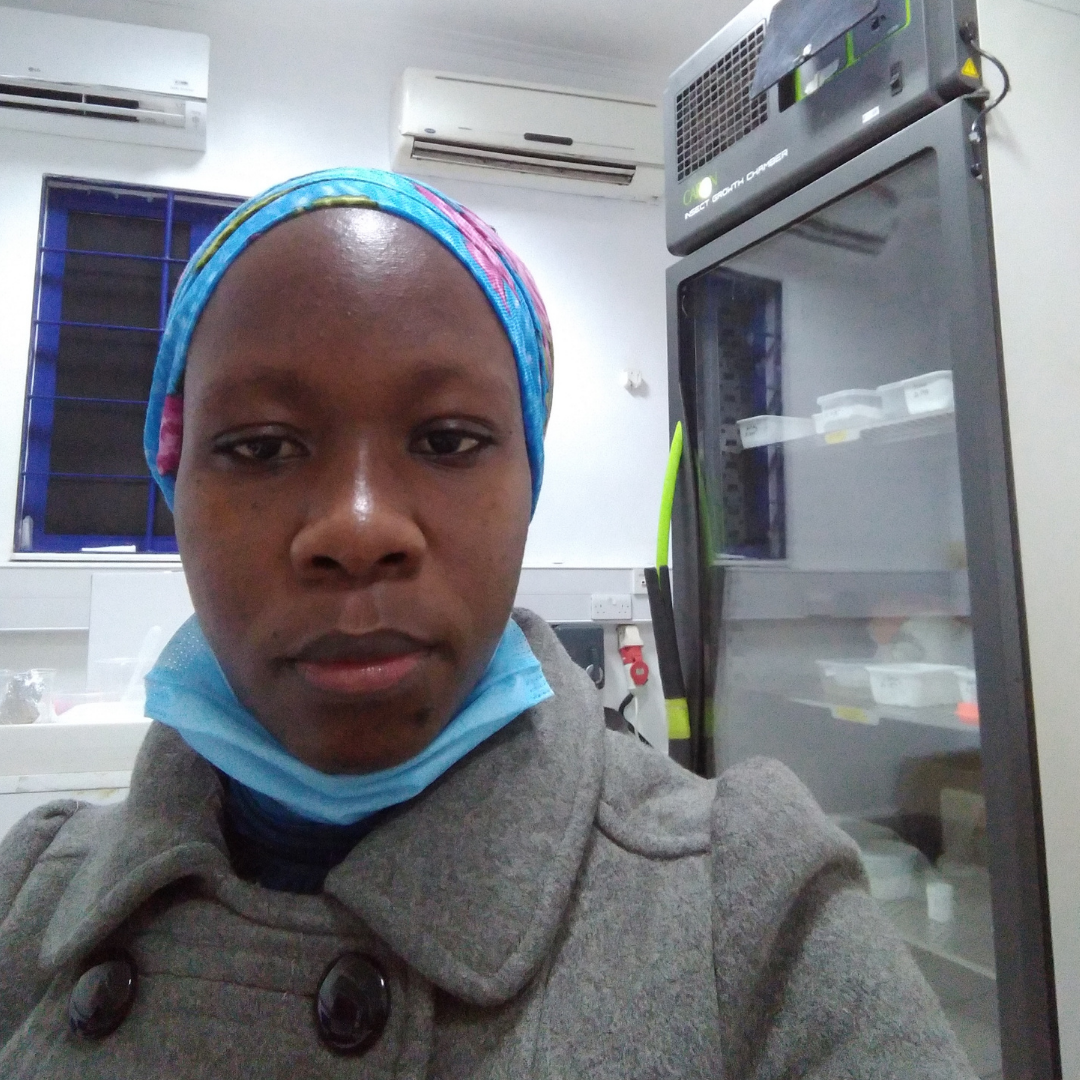Meet Josh Garton of the University of Oklahoma Health Sciences Center. Josh recently started his postdoctoral fellowship in Dr. Carol Webb’s lab, and also collaborates with Dr. Patrick Gaffney at OMRF. He spent this week at Gene Expression and Signaling in the Immune System – his second CSHL meeting in as many years. At both CSHL meetings, Josh presented a poster and the one he presented this year is titled “ARID3a is associated with alterations in expression of hematopoietic transcription factors”. Though “this was the first time [he presented] a poster virtually, [he] was still able to have helpful discussions with other researchers on Slack.”
Tell us about your research.
I am investigating the understudied epigenetic regulator, ARID3a that is over-expressed in blood cells or people with Systemic Lupus Erythematosus (SLE) where its expression is associated with increased disease severity. We want to understand the mechanisms by which ARID3a regulates gene expression and chromatin accessibility in those different cell types.
How did you decide to focus on this area/project?
I chose this project for two reasons: 1) I’ve always been interested in how cells make and execute decisions and the Webb lab gave me an opportunity to learn bioinformatic approaches and how to analyze next-generation sequencing data. 2) SLE is an autoimmune disease for which there are few treatments available and I wanted to use sequencing data to identify genes that will be relevant to understand and treat this disease.
What and/or who is the inspiration behind your scientific journey?
Curiosity has always driven my passion for science. I’ve always been interested in how a cell can sense stimuli from the environment or other cells and how they use that information to make and execute decisions.
What impact do you hope to make through your work?
I want to contribute to Systemic Lupus Erythematosus research and hope to identify new drug targets.
What do you love most about being a researcher?
The ability to explore my curiosity, learning new things, and solving challenging problems.
What drew you to attend this meeting?
This meeting always has cutting edge research from researchers using new and exciting techniques that combine molecular biology techniques to approach biological questions. It is also encouraging to talk with leaders in the field about new and exciting ideas.
What is your key takeaway from the Meeting; and how do you plan to apply it to your work?
This meeting has offered new insight into techniques used to study important enhancers and epigenetic regulators. I plan on using the information learned to reevaluate some of my own data and to set up new collaborations to extend those studies.
What feedback or advice would you share with someone considering to participate in this meeting?
This is a great meeting for scientists at any career stage. Although the meeting was virtual, there was stimulating discussion and offered a unique ability to connect with experts in the field. It is always exciting to see new and unpublished data. The senior researchers are readily accessible to younger researchers.
What’s the most memorable thing that happened during the Meeting?
This was the first time I’ve participated in a meeting during the COVID-19 pandemic, but it was encouraging to see the presentation of data from both students and senior researchers. It was also amazing to connect with other researchers to discuss experiments and data.
Thank you to Josh for being this week's featured visitor. To meet other featured researchers - and discover the wide range of science that takes part in a CSHL meeting or course - go here.
Image provided by Josh Garton













